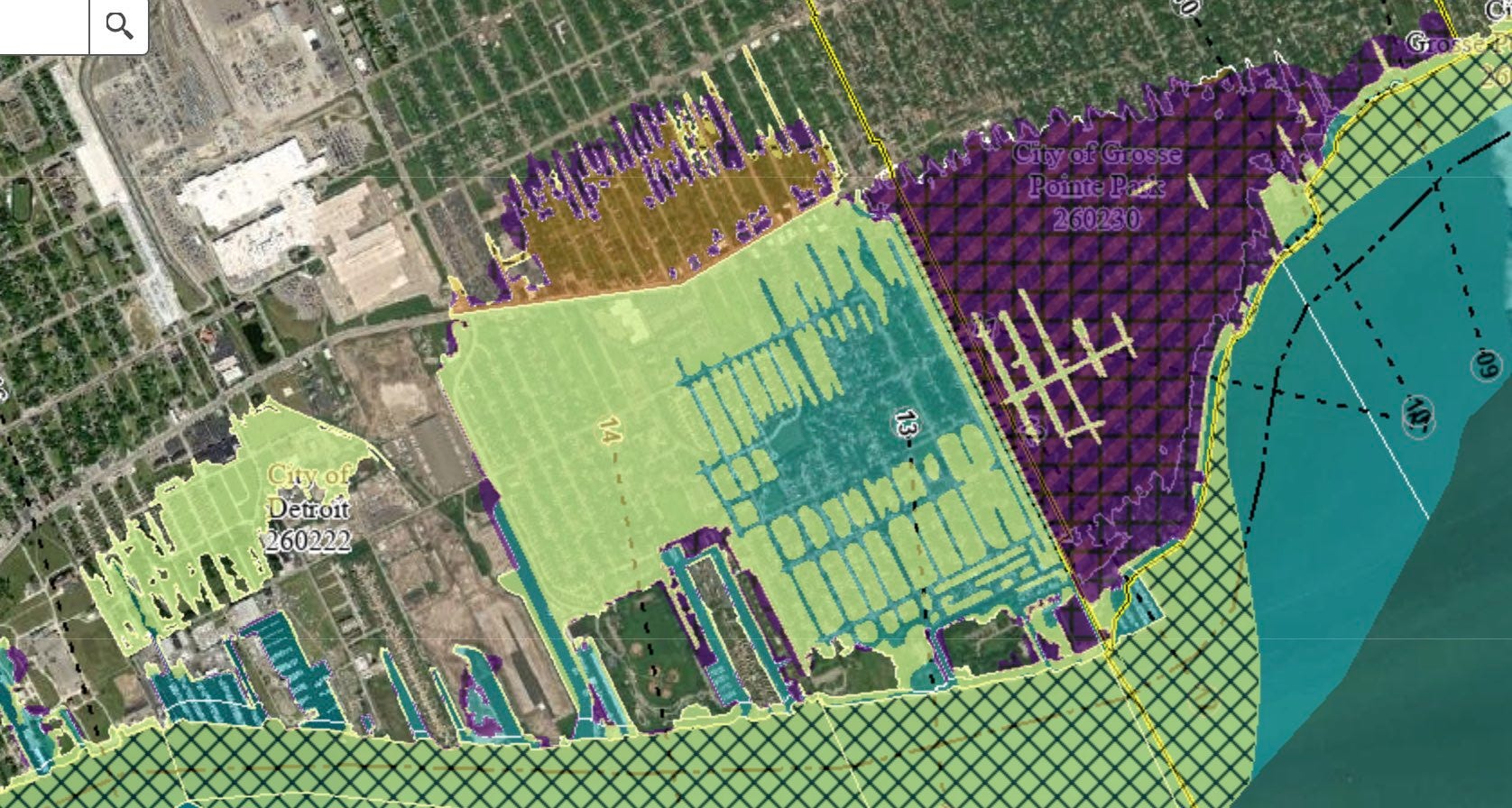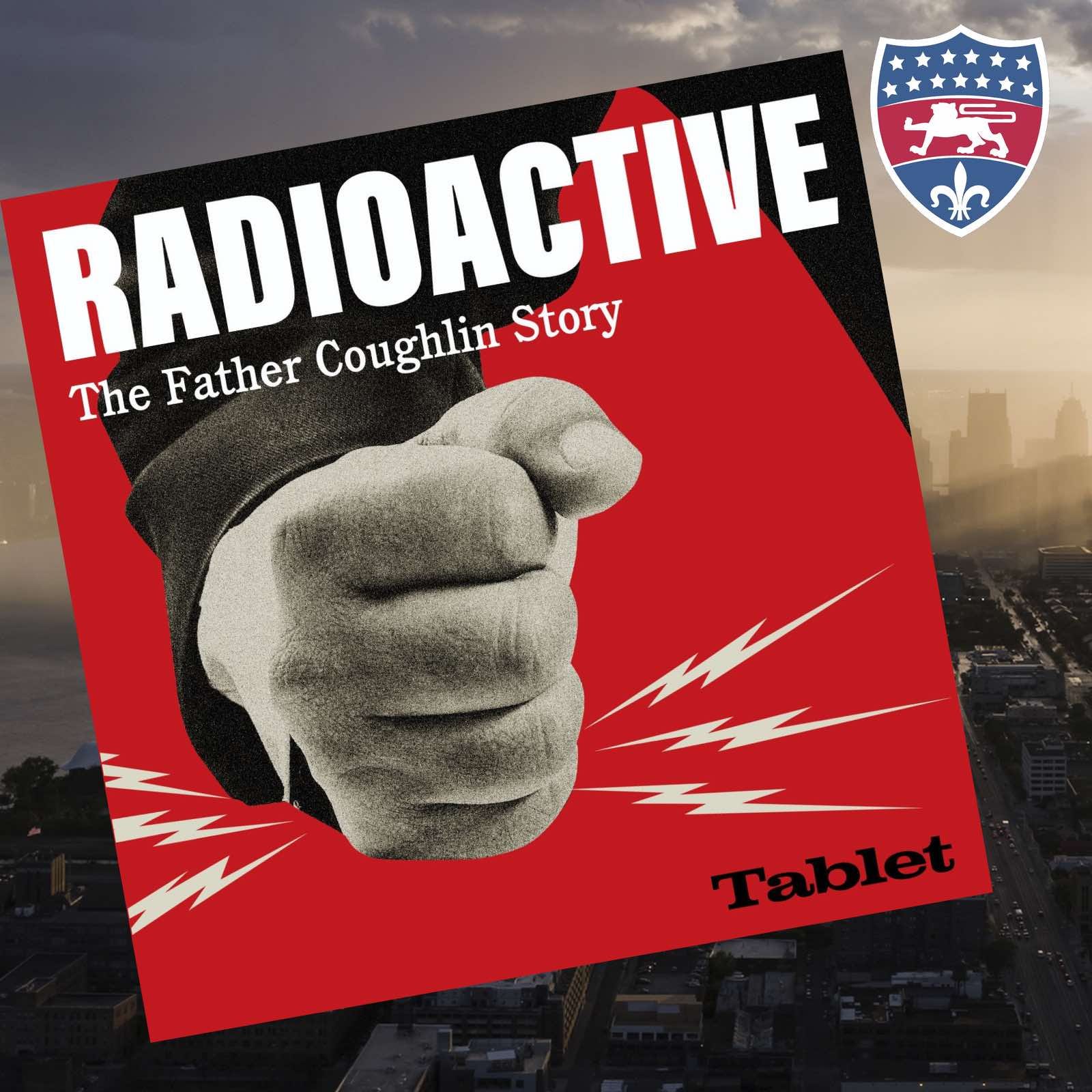Hi! It’s Jer. Welcome to your Daily Detroit for Monday, November 29, 2021.
Here’s what to know, where to go and who we’re talking to on the podcast.

» Bus riders in the city of Detroit are getting a new transit center. In their final session of the year, Detroit city council approved the transformation of the historic Dairy Cattle building. It’s on the old State Fairgrounds site at 8 Mile and Woodward, next to the new Amazon distribution hub and a Meijer.
- It’ll span 52,000+ square foot, be semi-climate controlled, and provide far better facilities for drivers and riders.
- It’s a compromise plan for preservationists. The Coliseum next door will be demolished and a part of it turned into a decorative portico for a new park.
- Officials want this $18.6 million project ready for riders in time for next winter.
» ICYMI, The State of Michigan requested and received help from the Defense Department to fight COVID before the Thanksgiving break. Hospitalizations are almost as high as the previous pandemic peak.
- The first wave is two teams of 22 health care workers, here for 30 days.
- One is going to Beaumont Dearborn and the other a hospital in Grand Rapids.
- The team includes doctors, nurses and respiratory therapists.
- Hospitalizations have doubled in the city of Detroit in the last three weeks. Mayor Mike Duggan said that facilities would overload if that happens again. Detroit is very vulnerable to an outbreak as only 43% of residents are fully vaccinated, according to the state’s dashboard.
- The strong majority of hospitalized patients are unvaccinated, with a smaller percentage being vaccinated people with other complicating conditions.
- This impacts everyone who needs medical services as there are longer wait times and patients waiting in hallways to be seen.
» Seawall, anyone? FEMA (Federal Emergency Management Agency) has declared that large parts of the Jefferson Chalmers neighborhood of Detroit are a flood plain.
- Federally-backed mortgages will have to add flood insurance, adding thousands of dollars annually to already high taxes and costs of living in the city.
- The area has somewhere around 8,000 residents and has seen some significant investment as of late.
- Jefferson Chalmers sits in a bowl a couple of feet below the river, and it used to be known as Grand Marais - or “the great marsh,” in French. It used to be home to a horse racing track.
- Grosse Pointe Park’s flood risk is decreased due to investments in infrastructure. There’s a publicly-funded seawall on the side closer to the Pointes (but still owned by the city of Detroit, and there’s a street of city territory on the other side). However, on the southwest side, the seawall is a hodgepodge and far lower. At the time, a number of Detroit residents with property along the canal didn’t want a higher, hardened seawall since it would make canal access more difficult.
Here’s a map of the flood map changes. Purple is decrease. Light green is increase. Jefferson is the key road running west to east and a border of flood issues. On the upper left, that’s the Stellantis plant. The Purple/Green line is at Fox Creek.

If you drive through the area, you may have seen big orange dams filled with water (known as Tiger dams). They were deployed across people’s property as a temporary fix with the rising river levels.
I’m told that the solution is to add height and reinforce the seawall. Getting that done is another story.
Here’s some national coverage of the flooding issue with great photography. (NPR)
» 4+ acres of prime riverfront property was sold, and the deal involves two big names of Detroit business: Stroh and Gilbert. It’s next to the recently created Robert C. Valade Park, ran by the Detroit Riverfront Conservancy. More on Crain’s here.
» Fun times: Curling is has come to Cadillac Square in downtown Detroit. My Canadian-born dad would be happy! It’s put together by the Detroit Curling Club and Come Play Detroit. You can find it behind the tent of the Cadillac Square lounge.

Recently on the podcast:
» In-depth on Royal Oak’s anti-semitic radio priest. Andrew Lapin, creator of the podcast “Radioactive,” joins me to talk about the long-term impact of Father Coughlin. Coughlin was known as the “radio priest” and had a huge reach, built on conspiracy theories and the policies of Adolf Hitler and Benito Mussolini. Near the apex of his power, he even had a militia under his control. To this day, many Jewish people drive by the Catholic church he founded — Shrine of the Little Flower at Woodward and 12 Mile — and shudder. [LISTEN HERE]
» The USFL is back with the Michigan Panthers. Fletcher Sharpe shares what to expect. Plus, it looks like Detroit City FC will be in a popular soccer video game. [LISTEN HERE]
The Daily Detroit podcast runs every weekday. Go here to follow for free on Apple Podcasts or if Spotify is your jam, here.
Thanks for reading and thanks to our members on Patreon for making this possible. If you’d like to join them, go here. If you’d like to sponsor future editions of the newsletter and podcast, there’s an option on Patreon or you can reply to this email.
Take care of each other and I’ll see you around Detroit,
-Jer













